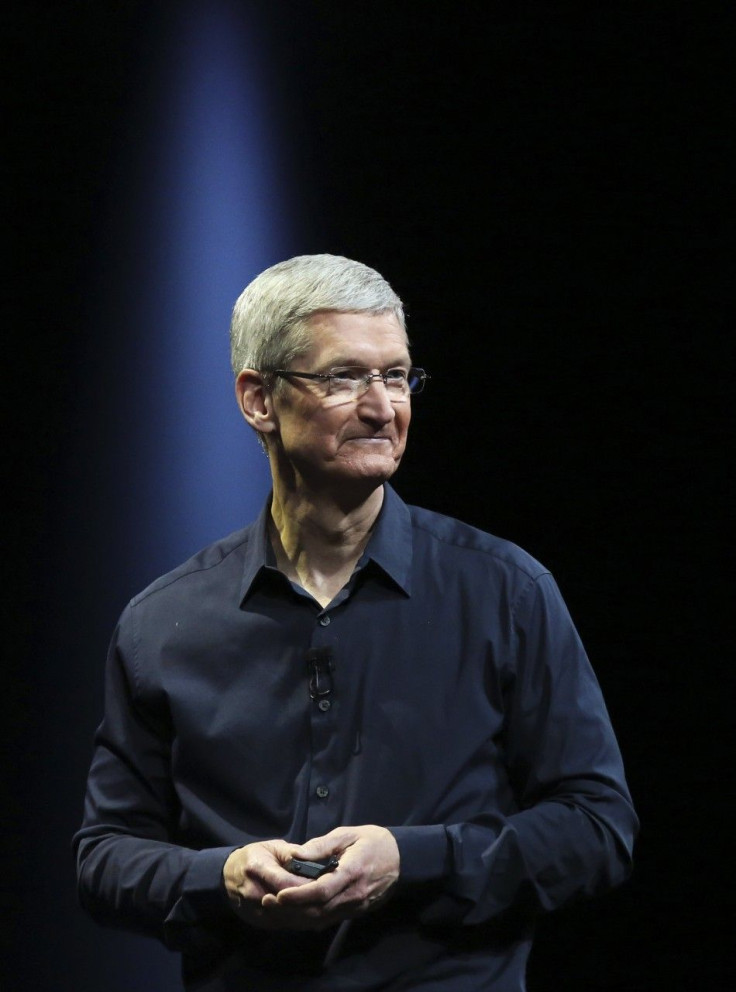Apple's Tim Cook says encryption back door for good guys not possible as practices come under fire

Data encryption practices of tech companies came under fire following reports that Paris bombers communicated digitally. However, companies like Apple refuse to create backdoors on their platforms, saying that access that is only for good guys is not at all possible. The companies also argue that weakening their encryption practices only gives an advantage to the "bad guys."
There is a brewing battle, particularly between the United States government and tech companies, on encryption. According to the government, if encryption is too strong, it prevents the police or other authorities from listening into suspicious communications, preventing prosecution and arrest of criminals.
According to Forbes, there are also government officials who have pointed out that role of encrypted communication in aiding terrorists carry out acts of malice. The recent Paris terror attacks brought more attention to the debate. However, such interest of the government goes against the interest of tech companies. Tech companies have been investing on the best encryption methods possible that even they cannot access data from products they manufacture. The focus on strong encryption stems of cyber crime concerns that can victimise private information.
Apple's Chief Executive Officer Tim Cook said that it is impossible to yield to the government's request.
“I don’t know a way to protect people without encrypting,” he said during The Wall Street Journal’s technology conference last month. “You can’t have a backdoor that’s only for the good guys” added Cook.
“Encryption is a security tool we rely on everyday to stop criminals from draining our bank accounts, to shield our cars and airplanes from being taken over by malicious hacks, and to otherwise preserve our security and safety," said ITI President and CEO Dean Garfield. Information Technology Industry Council is a global organisation comprised of the largest names in tech including Apple, Dell, Google and Facebook.
The Guardian argued that there is an encryption problem but solution remains elusive. This is because out of the billions of messages sent every day, there is only a small fraction that relates to national security or similar concerns. Sifting through such can is like looking for a needle in a large haystack. Increasing surveillance power or control can be more harmful than helpful.
Contact the writer at feedback@ibtimes.com.au, or let us know what you think below.




















